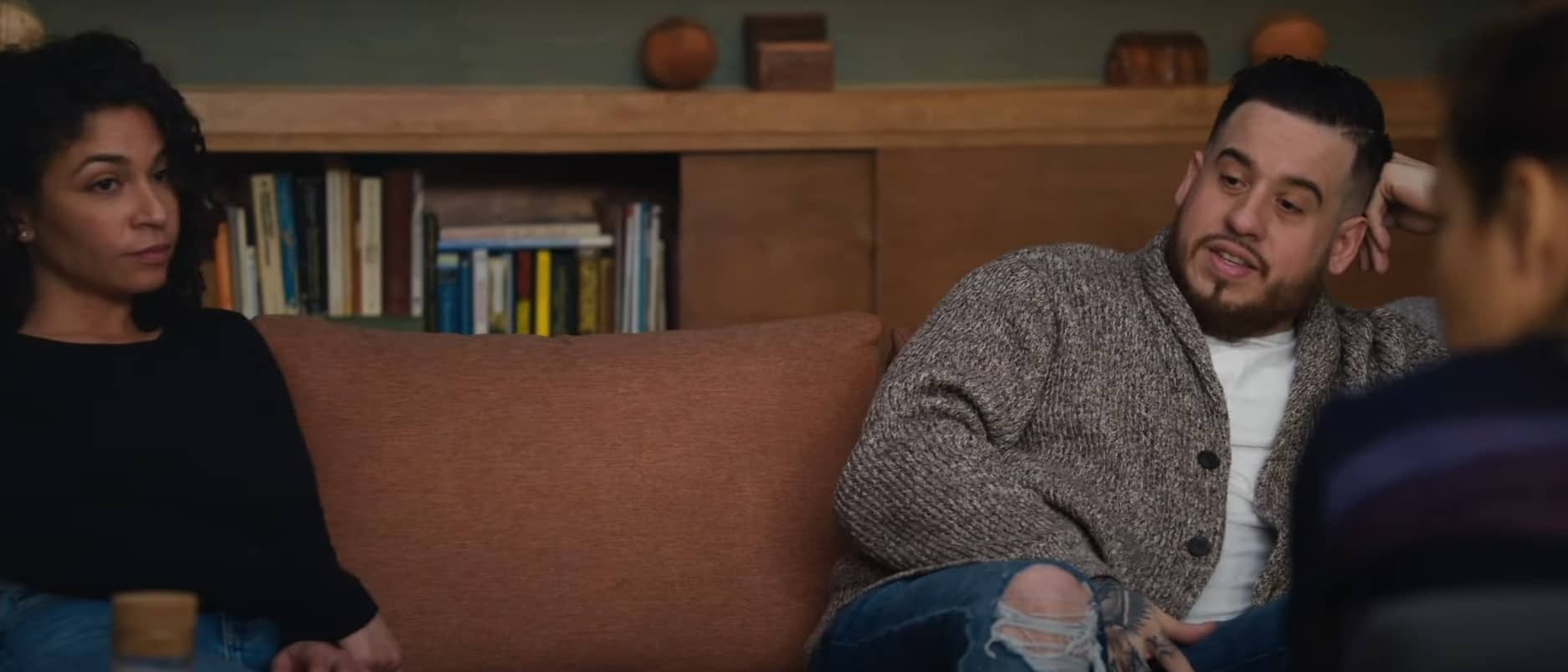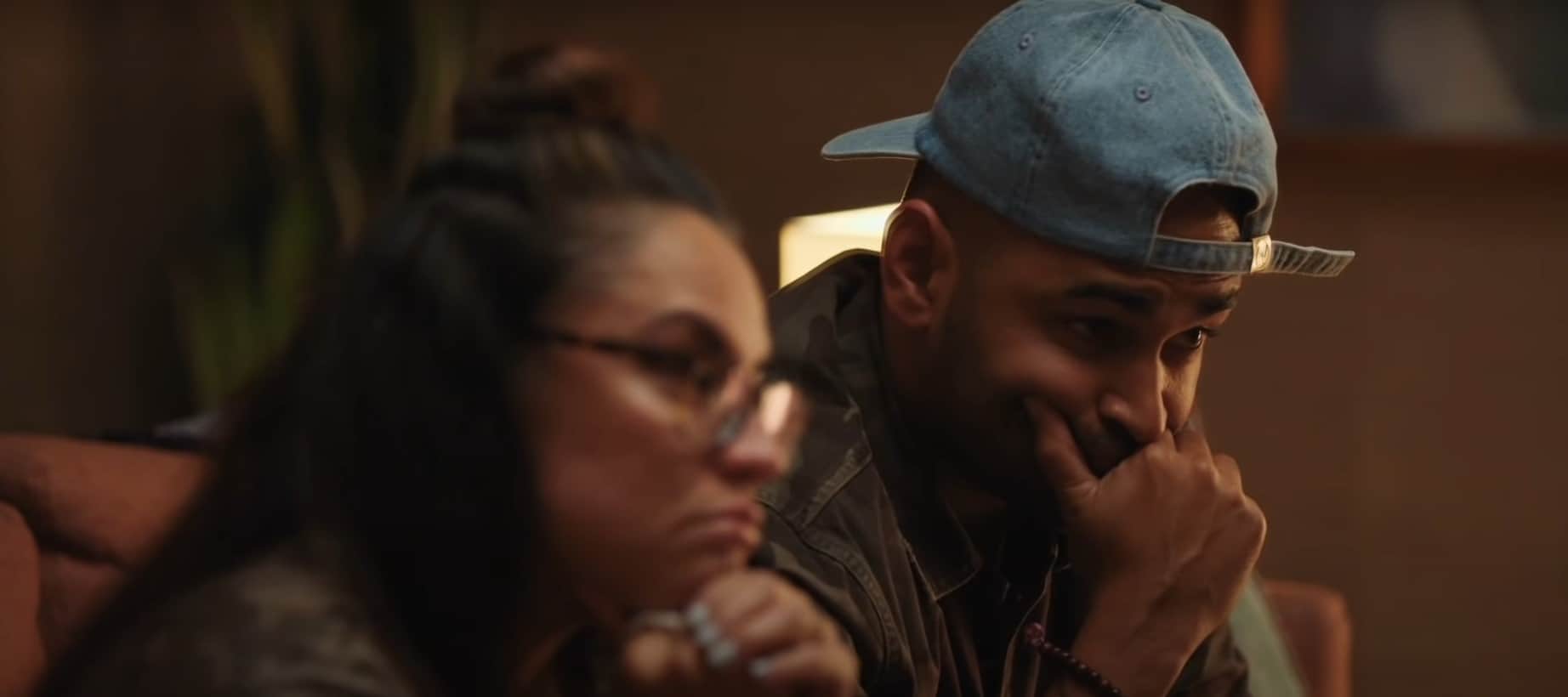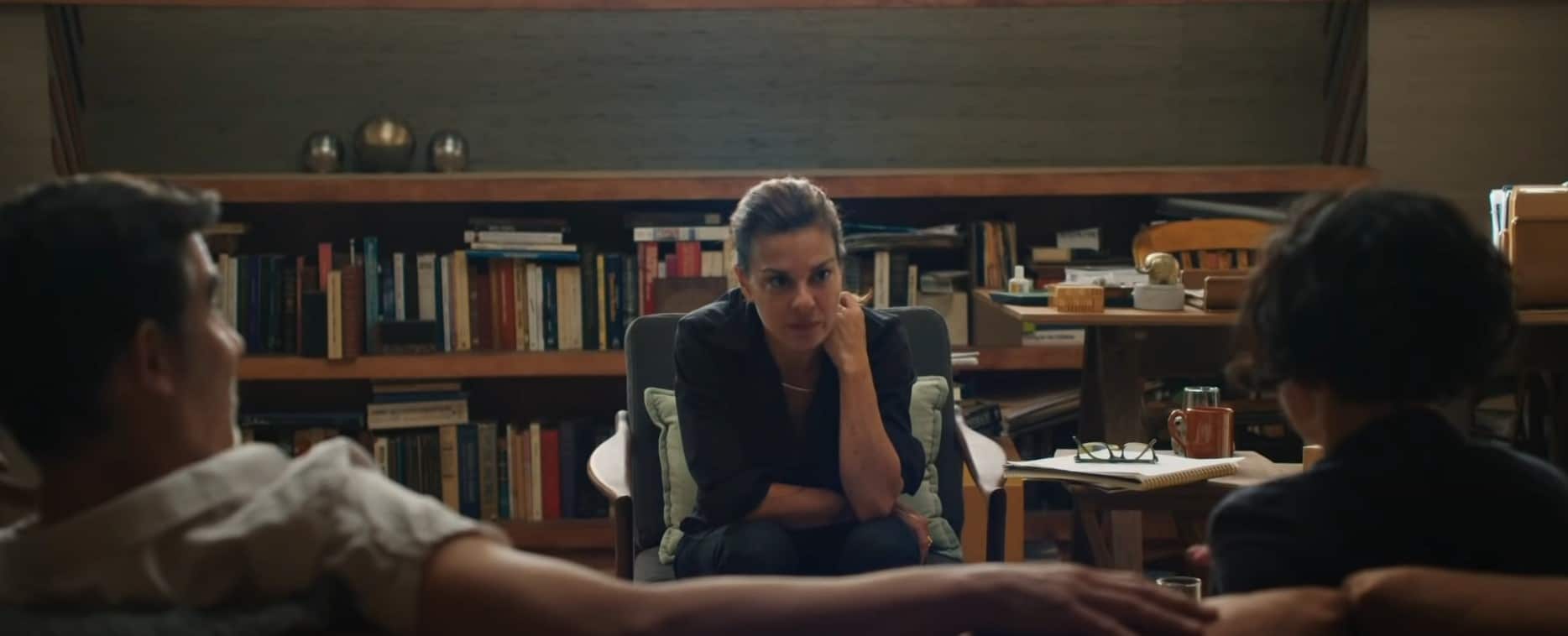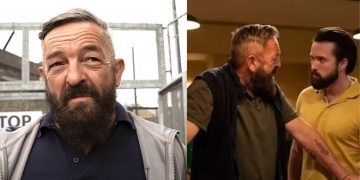Showtime’s reality series “Couples Therapy” has a certain cinematographic element —edition and camera settings— that make it stand out from other reality series centered around relationship hardships. In this show, as the name implies, we see two people with sentimental feelings for each other going to the office of a counselor with the hopes of mending their strained relationship so they can stay together.
Unlike staged reality shows, Showtime’s production brings a level of legitimacy to the genre as we’re taken into the office of a legit couple’s counselor and see how the process works. Developed by Josh Kriegman, the show’s executively produced by a group of psychologists and experts in the field who carefully selected each participating couple with the intent of helping them, bring realism to the production and make it attractive to the public. After three seasons, it’s worth exploring where are the participants from the debut installment, so let’s get into it.

Couples Therapy Season 1 Participants: Who Are They?
The debut season brought us four different couples from very different walks of life and with different issues they are trying to tackle. We have DeSean and Elaine, Lauren and Sam, Mau and Annie, and finally Alan and Evelyn. These people had to navigate through the process and had the courage to appear before the camera to talk to their therapist about their issues. After the first season and lots of sessions, let’s see how they did. Was the intervention useful for them and they solved their problems or did they drift apart and their relationship fail?
Lauren and Sam
This LGBTQ couple —trans and queer— was a mess from the get-go. Still, the intentions these two had when it came to raising a child changed completely. While Lauren felt concentrated on her own feelings after transitioning, Sam felt otherwise because she felt it was the right time to have a kid. As a result, these two, despite therapy, didn’t manage to find common ground and eventually, their relationship concluded.
Alan & Evelyn
Alan and Evelyn are the kinds of couple that made you wonder what drove them to one another in the first place since their interest is so dissimilar. The two had massive problems in cultivating the necessary trust for their relationship to prosper, still, they managed to stay together for six years. From that lack of common interests then came the marital infidelity issues. Despite the counseling, it seems as though they couldn’t find the emotional stability to face each other and say sorry, and as a result, their marriage broke apart.
Also Read: Yellowjackets Season 2 Episode 6: Release Date, Preview & Spoilers

DeSean and Elaine
DeSean and Elaine have been together for over a decade, but their differences in personality, and the lack of emotional tools to handle their emotions landed them in couples therapy. Dr Orna was oftentimes frustrated because she couldn’t get either one to budge on common issues to move forward as the two seemed to be on their own terms despite wishing to solve things. As it turns out, these too were too busy focusing on what was behind them to look forward, and once they managed to identify that problem, they decided to save their relationship and stayed together. Good for them!
Mau And Annie
These two ended up in the show because they had a bad sex life. While she was into kinky stuff —leather, whips, and sex parties—, the other one simply wanted to have plain sex. After dealing with her traumatic past, the man understood the reasons behind her wife’s high sex drive. And once Dr. Orna managed to make him understand how those things worked in his mind, these two eventually got to find some common ground, the love they felt for one another. So, in the end, Annie and Mau finally healed their relationship and are still together.
Couples Therapy Roundup
Shows like Showtime’s Couples Therapy are really cool examples of how couples can seek out professional help to overcome the challenges in their relationships. It’s no surprise the show picked up since its debut season and its now going for the third installment considering the interest that the latest generations have concerning mental health awareness and good relationships.




